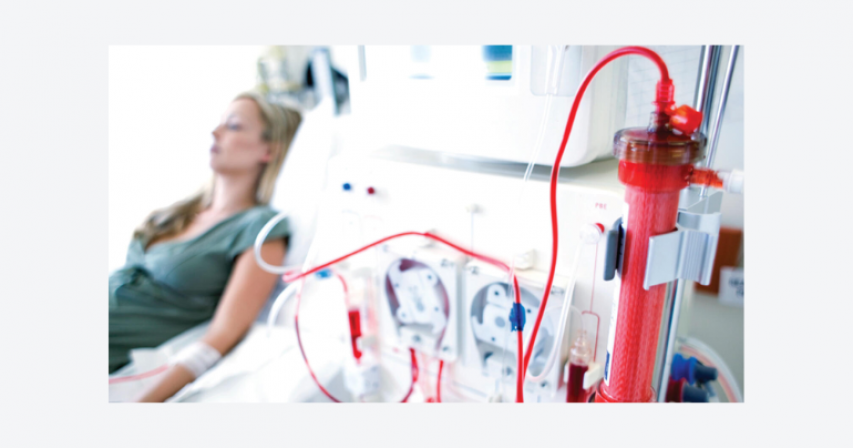UAE: How diabetes, hypertension are causing kidney disease among residents

Chronic kidney disease (CKD) is a prevalent concern among residents, with diabetes and hypertension serving as primary culprits, according to a prominent nephrologist based in Abu Dhabi.
Dr. Bahaa Shaath, a consultant nephrologist at Imperial College London Diabetes Centre, emphasized the insidious nature of CKD, often remaining asymptomatic until reaching advanced stages. Despite its silent progression, symptoms such as changes in urine frequency or color, swelling, fatigue, nausea, and elevated blood pressure can serve as indicators of underlying kidney issues. Dr. Shaath stressed the importance of seeking prompt medical attention if these symptoms persist.
Diabetes and hypertension emerge as significant risk factors for kidney disease, alongside other conditions like kidney stones, urinary tract infections (UTIs), and glomerulonephritis. Effective management of these conditions through medication, lifestyle adjustments, and regular medical evaluations is critical for preventing or slowing down kidney damage.
Dr. Shaath, with over a decade of experience in the UAE, highlighted the pivotal role of lifestyle choices in maintaining kidney health. Encouraging individuals to maintain a healthy weight, adopt a balanced diet, refrain from smoking and excessive alcohol consumption, limit salt and sugar intake, engage in regular exercise, stay adequately hydrated, and monitor blood pressure and blood sugar levels are key preventive measures.
Raising awareness about early detection and risk factors is essential for empowering individuals to make informed lifestyle choices and seek timely intervention. Increased awareness can contribute to a reduction in the prevalence of kidney diseases by promoting early detection and intervention.
Dr. Shaath also shed light on promising advancements in kidney disease management, including precision medicine, wearable monitoring devices, and advancements in dialysis and transplantation techniques. These innovations offer hope for improved outcomes and better management of kidney conditions.
Screening methods for individuals at risk or with a family history of kidney disease include blood tests for creatinine and glomerular filtration rate (GFR), urine tests for protein, and imaging tests such as ultrasound or CT scans.
Moreover, Dr. Shaath emphasized that kidney disease can affect individuals of all age groups, although older adults require particular attention due to the natural decline in kidney function with age. Older adults are encouraged to prioritize hydration, manage chronic conditions, and adhere to a healthy diet.
Understanding that kidney disease can impact anyone, preventive measures play a pivotal role in mitigating risks and preserving kidney function. Additionally, beyond dialysis, transplantation serves as another viable treatment option for individuals with kidney disease.
In conclusion, proactive measures, early detection, and effective management strategies are essential for addressing the growing burden of kidney disease. By promoting awareness, encouraging healthy lifestyles, and leveraging advancements in medical technology, the UAE aims to combat kidney disease and improve outcomes for affected individuals.
By: Sahiba Suri





Comments